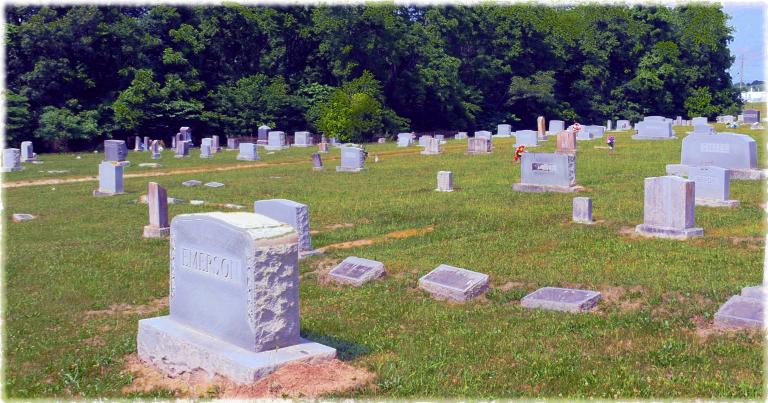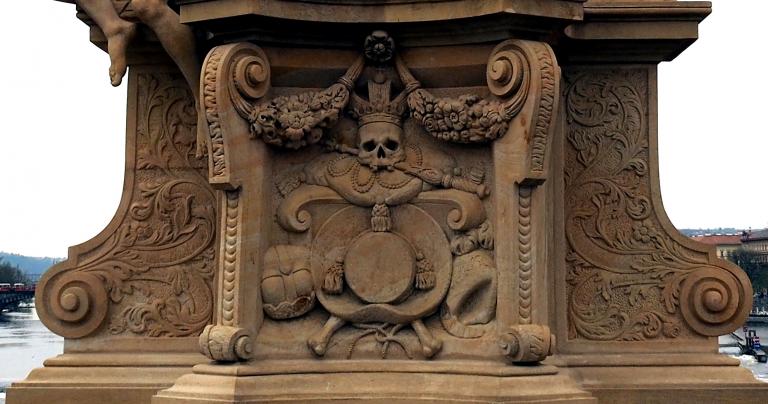Last month I came across an article titled A Doctor and Medical Ethicist Argues Life After 75 is Not Worth Living. It’s a follow-up interview to this 2014 essay by Dr. Ezekiel Emanuel Why I Hope to Die at 75.
Ezekiel Emanuel isn’t some random doctor. He’s chair of the University of Pennsylvania’s department of medical ethics and health policy, he was an advisor in the Obama administration, and his brother is former Chicago mayor Rahm Emanuel.
Both pieces have the kind of titles that while not exactly clickbait, provoke an immediate response – in my case, a negative response. After reading them carefully and giving them a fair amount of thought, I think Dr. Emanuel is both very right and very wrong.
He’s right that our mainstream society spends far too much on prolonging life. Our fear of death and loss causes us to spend billions of dollars extending our lives and the lives of our loved ones by a few months – months frequently spent in suffering and indignity. We treat our pets with far more compassion.
But he’s wrong that this is a question of consumption vs. contribution. Here’s a key quote:
If you look at really smart people, there aren’t that many writing brand-new books after 75, and really developing new areas where they are leading thinkers. They tend to be re-tilling familiar areas that they’ve worked on for a long time.
No. Your worth and your worthiness to live are not dependent on your productivity. They are the inherent properties of a living being.
Rather than a line-by-line critique of these two pieces, I’d rather use them as a jumping off point for my own thoughts on aging and death. I think about them more these days. While I’m in mostly good health, I’m a lot closer to 75 than I am to 25, and I’m starting to feel it.
But I have plans for the rest of my life, and they extend well past age 75.
Existence is not living
Let’s deal first with what Dr. Emanuel got right. Quality of life matters more than quantity of life. In 2011 I wrote How Doctors Die in response to another post by a doctor. I said:
Some diseases and conditions simply can’t be cured. And the older and sicker you are, the less chance you have of recovery. In these cases, “treatment” – which is usually painful and extremely expensive – doesn’t mean you’ll get well. It means you’ll live a few weeks or a few months longer, in (or at least, in and out of) a hospital, in discomfort.
Do you really want to do that? Do you really want to subject someone you love to what Dr. Murray says is “misery we would not inflict on a terrorist”?
A good friend works in a geriatric hospital. He has a long list of horror stories of families insisting on surgery after surgery to try to keep their 90+ year old parents alive a little longer, refusing to accept that they’re never going to get well, and refusing to let them go.
Lying in a hospital bed hooked up to machines isn’t living. If you’re never going to be able to go home, interact with your friends and family, or just enjoy a TV show, why do you want to stick around?
Why would you want to keep your loved ones around in such a state?
I don’t.
Death is part of life
A long time ago I heard someone say “death isn’t the opposite of life. Death is the opposite of birth.” Birth and death are simply the end points of life. Or perhaps, the transition points.
This isn’t the time to speculate on reincarnation or the afterlife. This is the time to accept that whatever death is, it will eventually come for all of us.
Not all deaths are good deaths. Children dying is a bad thing. Lives cut short by war, crime, and accidents are a bad thing. People dying because of lack of access to affordable health care is a disgrace.
But old people dying? That’s a natural thing, an ordinary thing – a privilege many will never have.
Certainly the fear of the unknown has something to do with the fear of death. But I think a lot of it – at least in this country – comes from so many people being Christian enough to fear going to hell without being Christian enough to be confident of going to heaven.
As a Pagan, I don’t expect heaven or hell. But this is one of the reasons I advocate against persistent “seeking.” Comfort in the face of death doesn’t come from a little Jesus, a little Buddha, and a little Ralph Waldo Emerson. Comfort in the face of death comes from spiritual depth, and that only comes through consistent practice in one tradition.
This we know: all that lives will someday die. Let’s prepare ourselves for the inevitable.
Now let’s look at what Dr. Emanuel got wrong.
Your worth isn’t dependent on your productivity
I’m not a radical, but it’s hard to look at someone wondering “whether our consumption is worth our contribution in old age” without thinking about how capitalism dehumanizes and commodifies us all.
For at least as long as we’ve been human, we’ve cared for our elders. This is in part because it’s the right thing to do, in part because we love them, and in part because we know someday we’ll be old and we hope someone will care for us.
Particularly in this modern society filled with excess on top of gaudy excess, there is no moral justification for not making sure everyone has enough, including those who are no longer “productive.” That someone with the standing (and presumably, the wealth) of a well-connected doctor thinks otherwise points to an ethical rot in the mainstream society.
Independence comes at a high cost
The idea of a family as a man, a woman, two kids, and a dog living in their own house is a post-World War II American idea meant to stimulate consumption and promote economic growth. For most of civilized history, a family has been at least three generations sharing a house and contributing to the common welfare of all.
Three of my grandparents died at home – my parents (mainly my mother) took care of them in their last days. This is the way the vast majority of people have lived and died throughout history. Today my mother lives in a retirement community – I’m 800 miles away from her. I have no children – who’s going to care for me in my old age?
We have largely outsourced the care of our elders. Considering most of that work was (and is) done by women, it’s hard to argue against outsourcing from an ethical standpoint. But even ignoring the financial costs that concern Dr. Emanuel, we cannot ignore the personal costs.
An elderly person living at home is a member of the family. Even if they’re incapable of doing any work, they can still tell stories, embody and teach values, and make valuable memories for the young.
In a public facility, they’re just a customer… and unless they have a lot of money, a not-very-well-appreciated customer.
As a child I wanted to get away from home. As an adult I enjoy my independence. I have no regrets as I approach old age, but I realize that independence carries a cost and I’m still considering how I’m going to pay it.
I suspect that the Long Descent will send all but the very rich back into the multi-generational housing model. But for those of us caught in the middle, we need to think carefully about how we will live in our old age, so that we are living in a way we find both meaningful and sustainable.
Planning for retirement
There are two models of retirement in our mainstream society. Neither is helpful for the vast majority of us.
The advertising world tells us retirement is when we travel and enjoy the things we never had time for when we were working, all while living in luxury… and in perfect health.
The other model says “I’ll never be able to retire – I’m going to work till I die.” That model ignores the fact that the older you get, the harder it is to find and keep good employment. It also assumes you’ll be physically capable of working indefinitely, which is highly unlikely.
The financial aspects of retirement are beyond the scope of this post, regardless of your level of income and wealth. What I’m doing is unlikely to work for you, for a variety of reasons. I encourage you to believe the finance industry on one thing, though: the time to start planning for retirement is in your 20s, not in your 50s.
More relevant to this post are the spiritual, emotional, and social aspects of retirement. What will you do when you are no longer doing what brought structure (if not exactly deep meaning) to your life for decades?
My plan is to be a full time Druid for as long as my health holds up. Writing, teaching, and speaking will be my day job instead of my second job. When I can’t do that anymore, I’ll cut back to what I can do and be more of a monk. And when I can’t do that anymore then the end of this life will be pretty close.
This is my plan. You need to make your own… and the older you are, the more urgent it is that you make it now.
Planning for the end of life
I’ve never feared death, but I’ve always feared dying badly.
I understand Dr. Emanuel’s fear of being “decrepit and falling apart.” While I am making plans to have a fulfilling life after my physical capabilities are greatly diminished, I have no desire to prolong a mere existence through extraordinary means.
At the same time, his reasoning disturbs me. Our collective resources are not unlimited, but we certainly have enough to care for all our elders in a respectful manner, regardless of how “productive” they are or were during their working years. Our debate should be about how we do this, not whether we do it.
As with death, the time to think about your old age is not when it is imminent, but on a bright Fall day when all is well and you feel like you’re going to be young forever. Plan now so that when the inevitable comes, you’re ready for it.



















